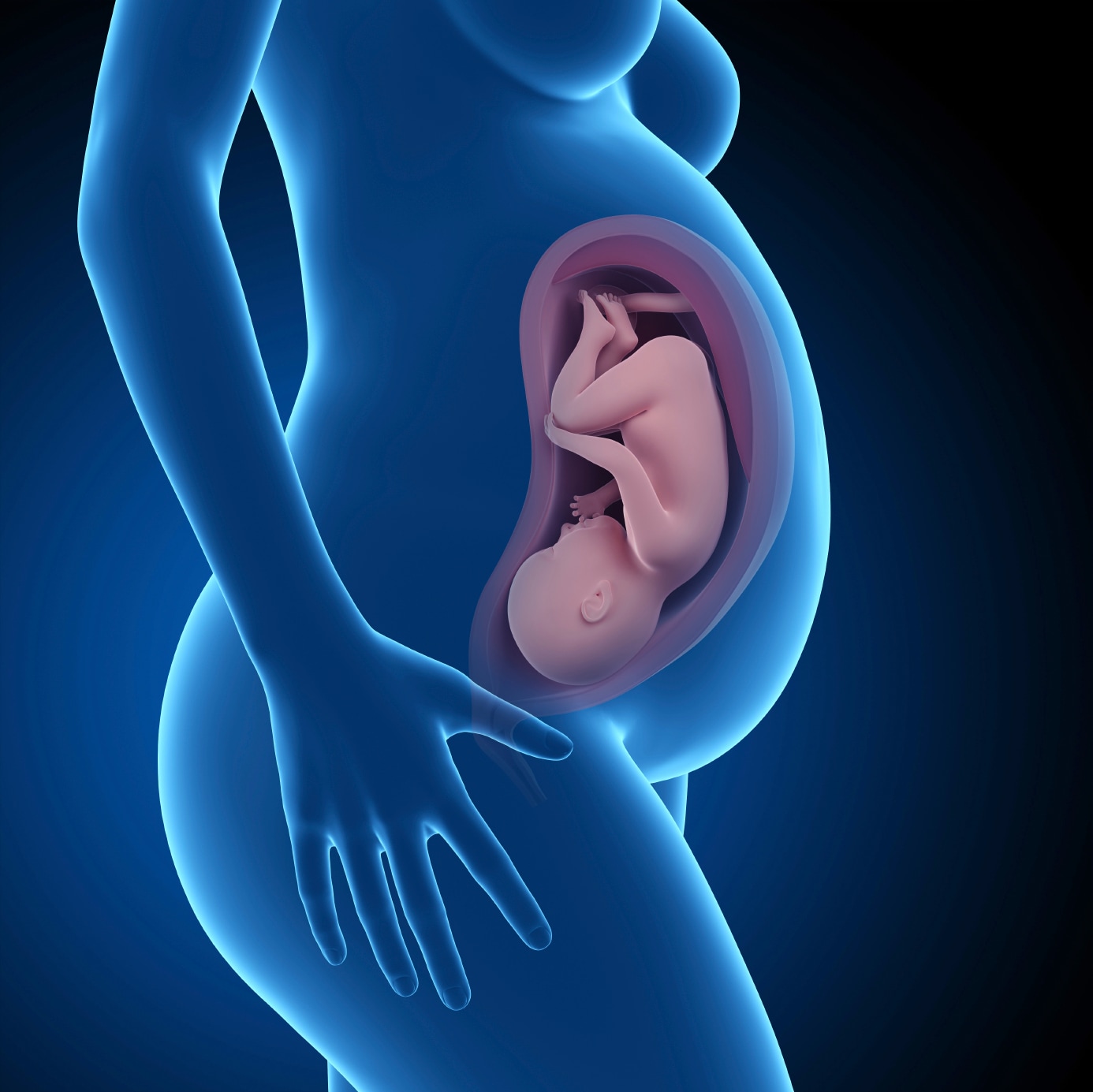Takeaway
- Consumption of carbohydrates (CHO) and its sub-components including lactose, glucose and starch during pregnancy was associated with increased offspring birth weight.
- Consumption of dietary fat and its sub-components such as polyunsaturated fatty acids (PUFA) during pregnancy was linked to decreased birth weight.
Why this matters
- Limited information is available on the differential influence of macronutrient consumption on birth weight.
- No studies have evaluated the effect of monosaccharides, disaccharides and dietary fibre consumption during pregnancy on birth outcomes.
Study design
- Observational study of 1196 women with singleton pregnancies from Leeds, UK between 2003 and 2006.
- The women were interviewed, and dietary information was collected, once at 8-12 weeks and again at 13-27 weeks of gestation.
- Funding: Food Standards Agency, UK.
Key results
- After adjustment, an increase in CHO consumption (10 g/day increase) showed a significant association with an increase in birth weight (4 g; P=.003).
- After adjustment, additional fat consumption of 10 g/day showed a significant reduction in birth weight (−8 g; P=.04).
- High birth weight was associated with increased glucose (10 g/day; birth weight, 52 g; P=.03) and lactose (1 g/day; birth weight, 5 g; P<.001) consumption during the second trimester.
- High PUFA consumption (1 g/day increment) showed a negative association with birth weight (−4 g; P=.05).
Limitations
- Observational study design.
References
References



